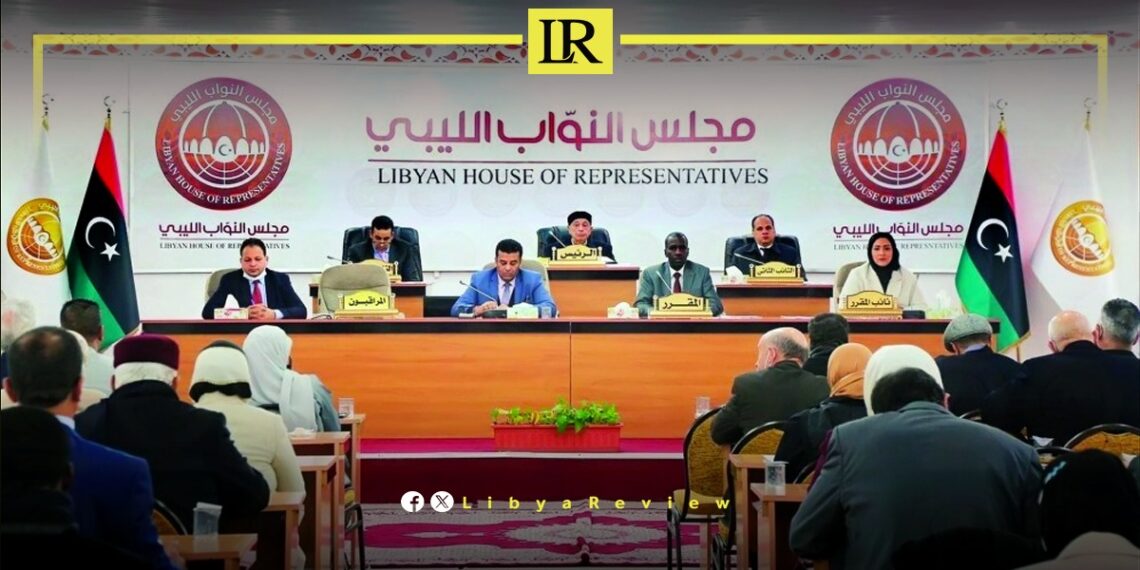On Monday, the Libyan House of Representatives issued a call for unity, reconciliation, and stability as the country marks the anniversary of the February 17 uprising.
In a statement, the parliament urged all Libyans to come together, strengthen national cohesion, and uphold the values of reconciliation and unity. It honored the sacrifices of those who fought for freedom, justice, and the establishment of a lawful and institutionalized state, reaffirming its commitment to achieving the people’s aspirations for stability and development.
The message comes at a time when Libya remains divided between rival governments, with no clear path toward elections or a unified national leadership. The political deadlock has fueled economic hardship, security concerns, and the continued presence of foreign influence, leaving the country in a fragile state. While there have been calls for national dialogue, deep divisions remain between Libya’s competing factions.
The United Nations Support Mission in Libya (UNSMIL) also used the occasion to urge Libyan leaders to engage in genuine dialogue and reach compromises to pave the way for a better future. The UN has been a key mediator in attempts to unify Libya’s fractured political landscape, though progress has been slow. Despite international pressure, efforts to hold long-awaited elections remain stalled due to disputes over electoral laws and political legitimacy.
Since the 2011 overthrow of Muammar Gaddafi, Libya has struggled to establish a stable government, facing armed conflicts, foreign interventions, and rival administrations.
The country is currently divided between the Government of National Unity (GNU), led by Abdul Hamid Dbaiba in Tripoli, and the eastern-based administration, backed by the House of Representatives.
Both sides claim legitimacy, preventing progress toward a unified government capable of leading the country out of crisis.
The economic and security challenges facing Libya have been exacerbated by internal power struggles, oil disputes, and ongoing militia activity. Libya remains one of Africa’s largest oil producers, yet its revenues have been frequently disrupted by political conflicts and blockades, further straining the national economy.
The lack of a clear governance framework has also weakened public institutions, making it difficult to implement national policies that promote economic recovery, social stability, and security sector reform.


